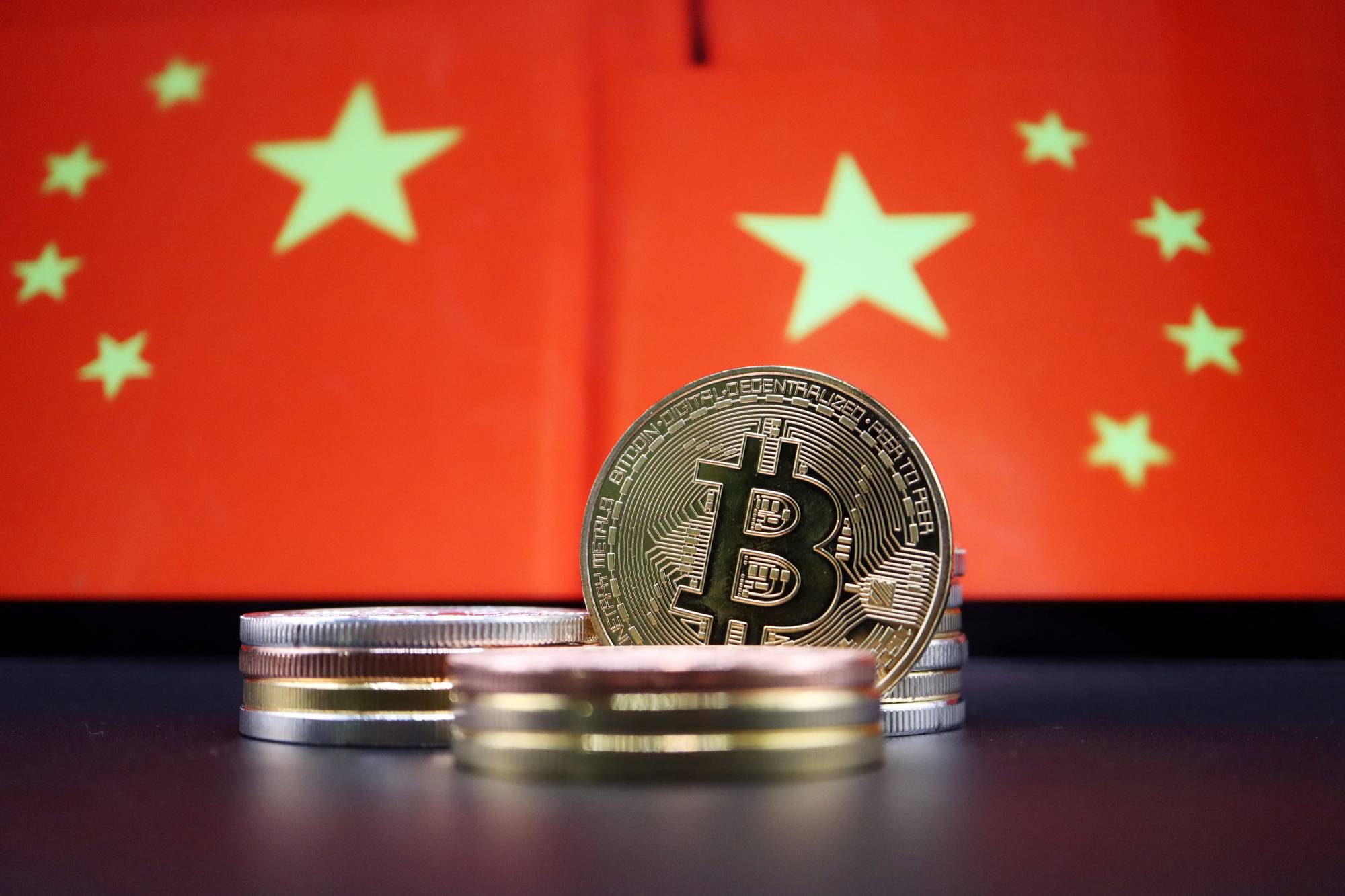China and Middle Eastern Nations Explore Bitcoin Strategies Amid Growing Geopolitical Interest
09.03.2025 18:00 1 min. read Alexander Stefanov
Recent reports suggest that China and several Middle Eastern nations are contemplating Bitcoin acquisition strategies, signaling a growing interest in the cryptocurrency as a strategic asset.
These discussions come at a time when Bitcoin’s role in global finance is becoming increasingly significant.
Brian Armstrong, CEO of Coinbase and former advisor to the Trump transition team, shared insights ahead of an upcoming summit, revealing that some Gulf countries are already considering plans to buy Bitcoin. Meanwhile, reports indicate that China might explore similar approaches, especially if the U.S. moves forward with the idea of creating a Bitcoin reserve.
Although no official announcements have been made regarding government Bitcoin purchases, these conversations reflect the digital currency’s emerging role in global financial strategies. China, once a major player in Bitcoin mining, has the capacity to quickly ramp up its operations again, utilizing its abundant hydroelectric resources.
Experts have previously pointed out that Bitcoin mining has served as a tool for countries like Iran to bypass economic sanctions, raising the possibility that other nations could view Bitcoin as a safeguard against financial instability or a means to secure a competitive edge in the global economy.
-
1
SoFi Returns to Crypto with Trading, Staking, and Blockchain Transfers
27.06.2025 8:00 1 min. read -
2
GENIUS Act Could Reshape Legal Battle over TerraUSD and LUNA Tokens
30.06.2025 9:00 1 min. read -
3
Whales Buy the Dip as Retail Panics: This Week in Crypto
29.06.2025 14:00 3 min. read -
4
History Shows War Panic Selling Hurts Crypto Traders
28.06.2025 18:30 3 min. read -
5
Ripple Faces Legal Setback as Court Rejects Bid to Ease Penalties
26.06.2025 16:54 1 min. read
Kraken Launches U.S. Crypto Derivatives Platform, Eyes Broader Market Expansion
Kraken has officially launched its U.S.-regulated crypto derivatives platform, marking a major step toward merging traditional finance tools with digital asset markets.
How to Earn Yield Holding USDC: A 2025 Guide
If you’re holding USDC and want to maximize your yield, Deribit now offers rewards for eligible users who store USDC on its platform.
Kazakhstan May Invest Gold Reserves in Crypto Sector
Kazakhstan is considering allocating a portion of its gold and foreign currency reserves, along with National Fund assets, into crypto-related investments.
Grayscale Confidentially Files for New SEC-registered Offering Amid Growing Crypto Market demand
Grayscale Investments announced today that it has confidentially submitted a draft registration statement on Form S-1 to the U.S.
-
1
SoFi Returns to Crypto with Trading, Staking, and Blockchain Transfers
27.06.2025 8:00 1 min. read -
2
GENIUS Act Could Reshape Legal Battle over TerraUSD and LUNA Tokens
30.06.2025 9:00 1 min. read -
3
Whales Buy the Dip as Retail Panics: This Week in Crypto
29.06.2025 14:00 3 min. read -
4
History Shows War Panic Selling Hurts Crypto Traders
28.06.2025 18:30 3 min. read -
5
Ripple Faces Legal Setback as Court Rejects Bid to Ease Penalties
26.06.2025 16:54 1 min. read


